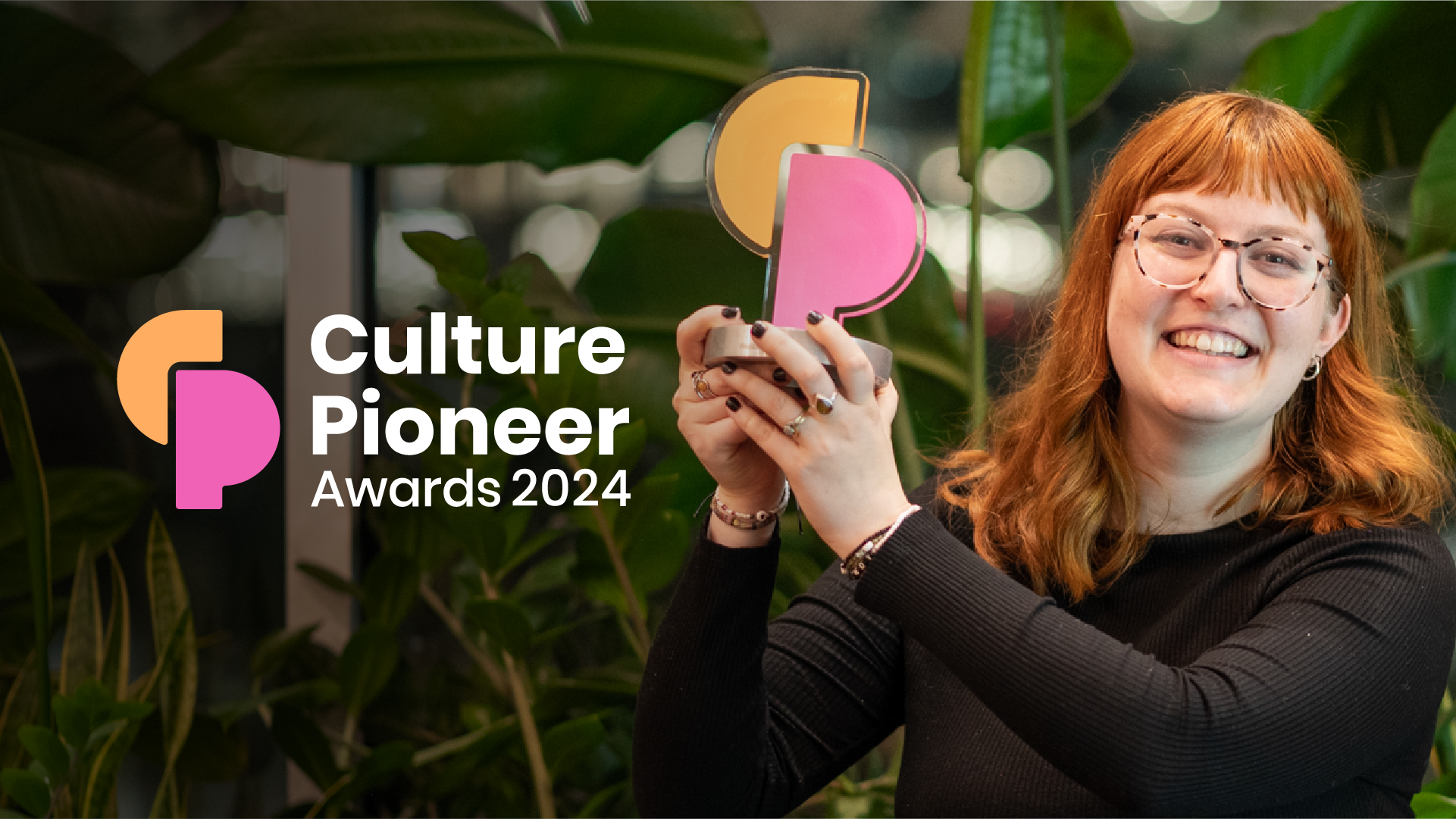E-universities may be on the way, but are they re-inventing the wheel? A feature in the Guardian this week looks at the parallels and potential overlap between the Open University and the government's new e-universities, echoing comments made by TrainingZONE's own members.
A consortium of e-universities is being put together as a collaboration between universities and the private sector, with the intention of competing with leading US providers of e-learning. The government is providing £62 million to the project over the next three years. Any UK higher education institution will be able to deliver courses and student services through the e-university, which will work with them to develop the courses but will not create them itself. The e-university will charge fees to students and will retain a share of the fee itself.
Alice Frost, who is project manager for the e-university intiative, told the paper: "This is about having a focus on e-learning. There has been a marked trend towards using the internet, and there is an increasing number of people who want to learn on it. Plus, the vision is to take advantage of the best from around the world."
However, there are concerns that not only is the new initiative 're-inventing the wheel', it's failing to learn from others who have encountered problems before.
The founding course director of the Open College, Richard Freeman, who was director of the national extension college between 1976 and 1986 told the Guardian: "There is the 'not invented here' syndrome. If teachers do not have complete control over materials, they shy off and even prefer to prepare less good courses. Plus, people's problem is not about accessing information, it is having the confidence to do a course. Freeman expressed concerns that the new e-universities were failing to establish what students actually wanted.
The Open University, who have been providing distance education for many years, are already using the internet for parts of the courses they deliver, but they concentrate on using it as a communications tool to facilitate contact between students. Last year, they held the first online degree ceremony. Sir John Daniel, vice-chancellor of the University, gave a speech last year in which he maintained that print on paper would remain the most powerful learning medium.









